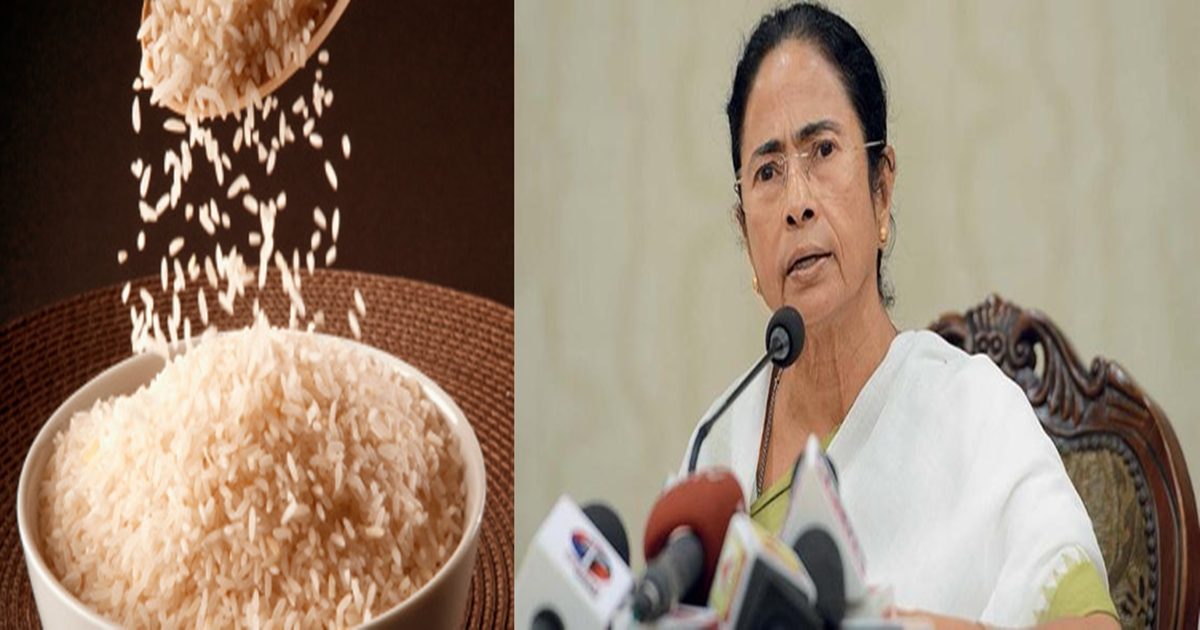The West Bengal government is planning to provide subsidised rice at Re. 1 per kg instead of the current price of Rs. 2 per kg through the ration shops to the poor. Around 7.45 crore poor will benefit from it, if the plan can be implemented.
A proposal has been placed by the state food and supplies department for approval to the state administrative headquarters, Nabanna.
The state government will have to incur an additional expense of Rs. 200 crore for executing this plan. The scheme can be implemented if the finance department clears it.
Around 6.1 crore people in West Bengal receive subsidized rice at Rs. 3 per kg from the Centre under the National Food Security Act (NFSA) for which the state government pays an extra subsidy of Re. 1 in order to make the rice available at Rs. 2 per kg. An additional 1.71 crore in the state receives the subsidised rice under the state’s flagship food security scheme, Khadya Sathi, the entire subsidy for which is borne by the state government.
The state government thus spends over Rs. 5,000 crore in providing subsidised rice and wheat at the rate of Rs. 2 per kg to a little over 9 crore people under the combined schemes of NFSA and Khadya Sathi. Two kilograms of subsidised rice per head are provided to the members of a family per week in the state under these schemes. West Bengal is the only state which has such a scheme of providing subsidised food entirely on its own expenses.
The state government is currently introducing special ration cards for those who are willing to hold ration cards as a proof of identity but want to opt out of the scheme of receiving subsidised rice and other goods purchased against it. Around three lakh people all over the state are willing to opt out of the scheme, according to information received by the food and supplies department.
This will save the state government a substantial amount of money. On the other hand, a large number of people have also applied for inclusion in the scheme. The food department will verify the financial status of the applicants before registering their names in the scheme.


Comments are closed.